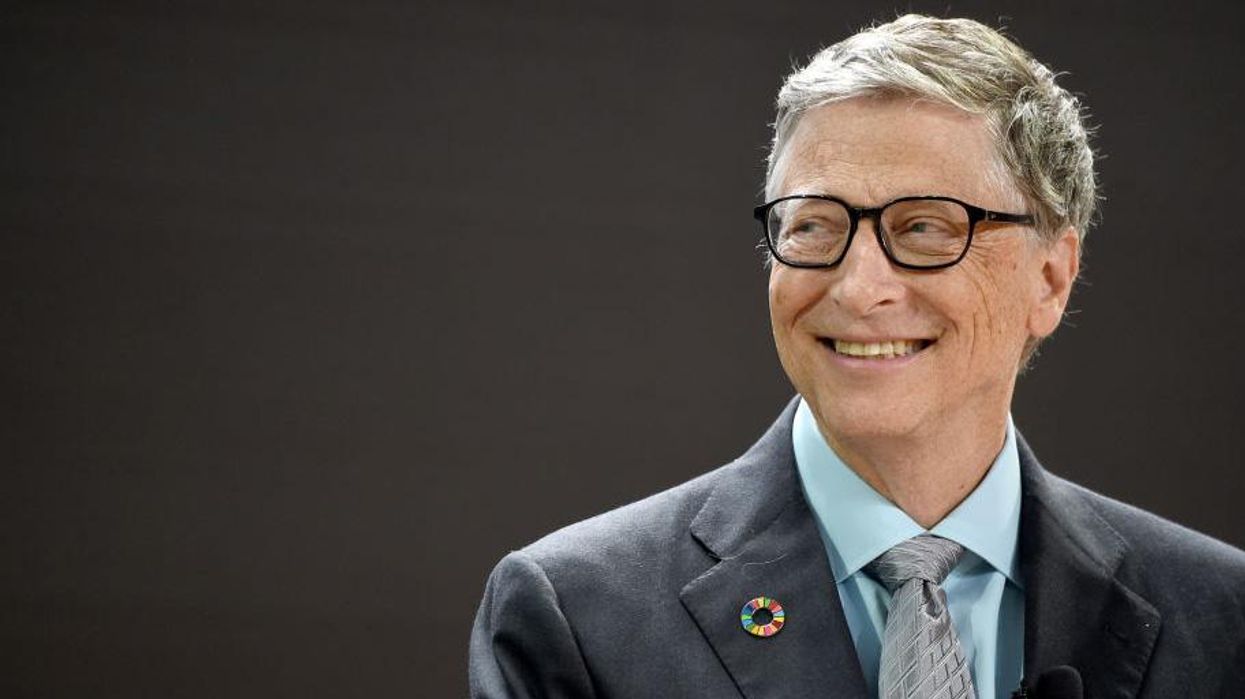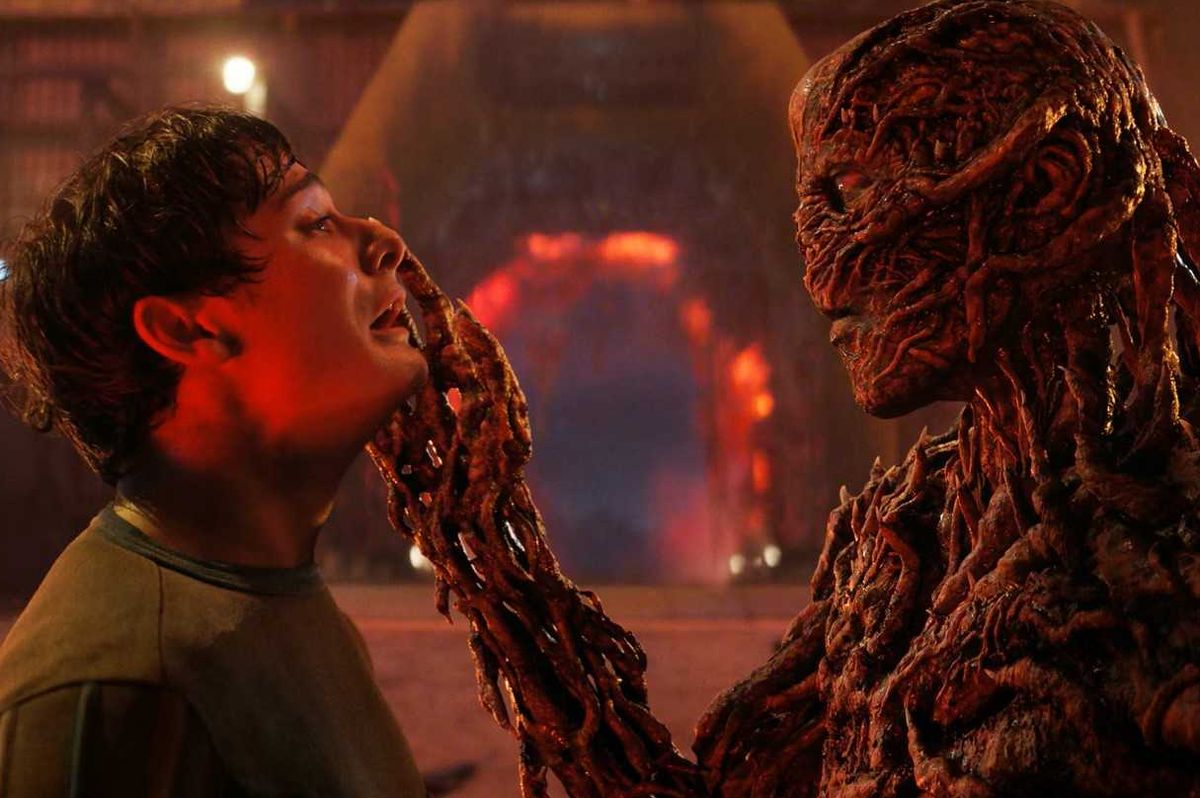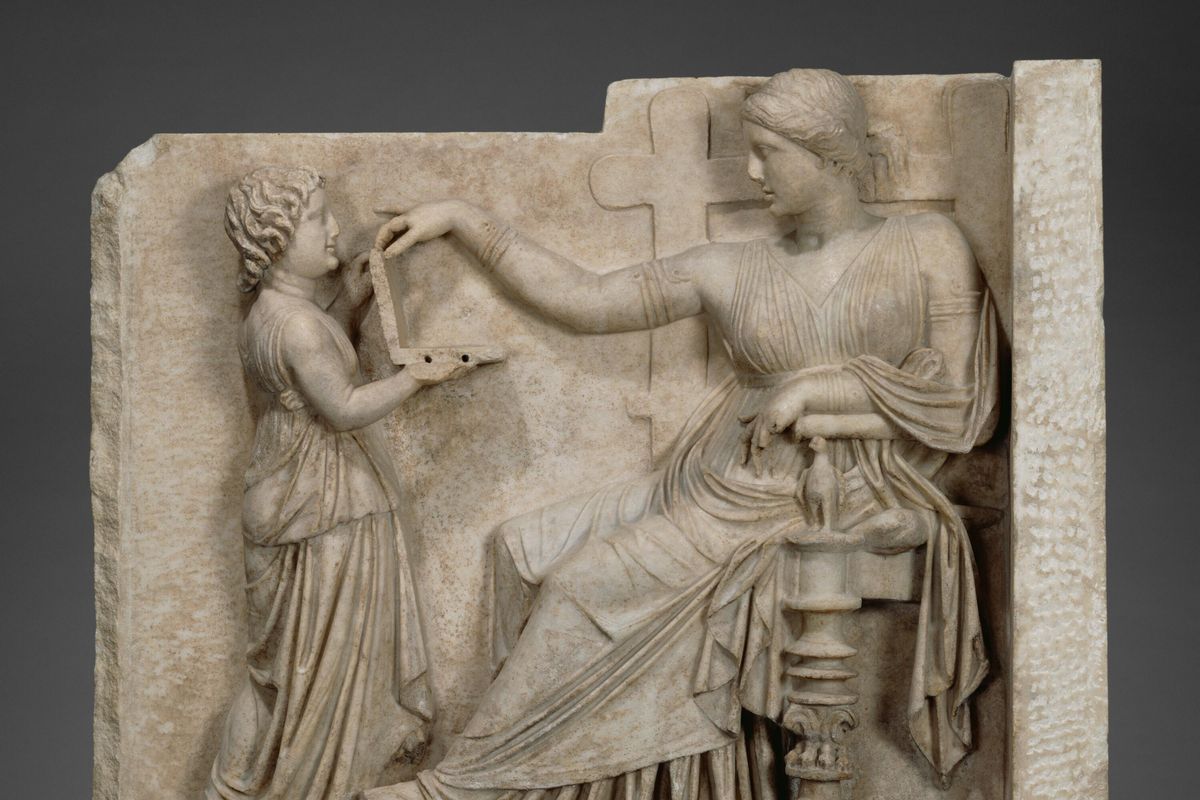News
Greg Evans
Dec 02, 2017

Picture:
Jamie McCarthy/Getty Images for Bill & Melinda Gates Foundation
Bill Gates, the 62-year-old businessman and philanthropist, knows a thing or two about success.
According to the latest Forbes report, Gates is worth a whopping $89.9 billion, thanks mostly to his Microsoft tech empire.
While he is obviously a person who knows how to execute an idea or plan expertly, he's done a fair bit of reading and learning to reach that level of skill.
In fact, Gates is such an avid reader that he even has his own book review section on his blog, which we recommend browsing through.
In case you don't have time to do that though, here is a brief list of eight books that come highly recommended by Gates himself.
Super Freakonomics by Steven Levitt and Stephen Dubner

One of the first books that Gates reviewed was Superfreakenomics by Steven Levitt and Stephen Dubner.
The book is a follow-up to their 2006 title Freakonomics; it looks back at expert analysis on everything from terrorist attacks to television and medical advances, to see if how their reasoning and predictions held up over time.
As Gates writes in his review:
One of my favourite things in the book is the debunking of many of the studies economists have done that they use as the basis for claiming that people are irrational in their choices.
Dubner and Levitt cover new research that shows that the wrong conclusions were drawn.
String Theory by David Foster Wallace

David Foster Wallace is one of the great modem American authors, whose acclaimed works include the epic fiction book Infinite Jest.
String Theory is a collection of the author's numerous essays on the sport of tennis; it transcends most sport writing and enters the realms of philosophy.
If you aren't a fan of tennis then this might be a hard sell, but Gates is a self-confessed fan of the sport and couldn't get enough of it.
He writes:
I would say to anyone who likes tennis as much as I do, you have to read String Theory.
You’ll take away insights that go way beyond what you get by reading the typical article in a tennis magazine or listening to a colour commentator on TV.
The Myth of the Strong Leader by Archie Brown

Given the current climate of controversial and divisive political leaders, this book seems more relevant than ever.
The book by Oxford University scholar Archie Brown is a study of the last 50 years of political leadership; the good and the bad.
Its revelations might not be what you expect, something which Gates discovered for himself:
Brown shows that the leaders who make the biggest contributions to history and humanity generally are not the ones we perceive to be 'strong leaders.'
Instead, they tend to be the ones who collaborate, delegate, and negotiate—and recognize that no one person can or should have all the answers.
Epic Measures by Jeremy N. Smith

Epic Measures has to be one of the most ambitious non-fiction books ever written.
The book uses big data to discover the ideal way to live your life and the biggest reasons behind death and disability.
This would eventually become the study known as the Global Burden of Disease, which analyses and visualises information in a comprehensive manner.
Gates explains:
As Epic Measures shows, the more we make sure reliable information gets out there, the better decisions we all can make, and the more impact we all can have.
Harvesting the Biosphere by Vaclav Smil

Global warming and climate change is a major concern and Bill Gates is trying to learn more about it.
One of his favourite authors, Vaclav Smil, is an expert on a range of subjects including agriculture and energy.
In Harvesting the Biosphere Smil looks at how vastly the human race has altered the planet and it makes for an alarming read as Gates says:
In Harvesting the Biosphere Vaclav Smil carefully adds up how much life exists on Earth.
Without moralizing, he makes a convincing case that humans could soon consume an unsustainable share of life on Earth.
Shoe Dog by Phil Knight

Just like Microsoft, Nike knows a thing or two about making money and managing a successful brand.
Shoe Dog is the memoir of 79-year-old Phil Knight who is the chairman and co-founder of Nike.
In the book, Knight is honest and frank about his business and some of the mistakes they have made and Gates appreciates that:
I don’t think Knight sets out to teach the reader anything. Instead, he accomplishes something better.
He tells his story as honestly as he can. It’s an amazing tale.
The Better Angels of Our Nature by Steven Pinker

In 2012 Bill Gates declared that The Better Angels of Our Nature was one of the "most important" books he had ever read.
The book covers the harrowing and disturbing subjects of violence, crime, terrorism and war.
Although these themes seem more topical than ever, author Steven Pinker argues that they're decreasing.
Gates writes:
The book is about violence, but paints a remarkable picture that shows the world has evolved over time to be a far less violent place than before.
It offers a really fresh perspective on how to achieve positive outcomes in the world.
Business Adventures by John Brooks

In Gates own words "Business Adventures remains the best business book I've ever read".
The book consists of twelve out-of-print New Yorker articles from the 1960s which have a remarkable amount to say about business today.
Furthermore, Brooks is an excellent writer. Gates adds:
Business Adventures is as much about the strengths and weaknesses of leaders in challenging circumstances as it is about the particulars of one business or another.
In that sense, it is still relevant not despite its age but because of it. John Brooks’s work is really about human nature, which is why it has stood the test of time.
HT Time
More: 7 things Bill Gates predicted 18 years ago that have already come true
Top 100
The Conversation (0)













